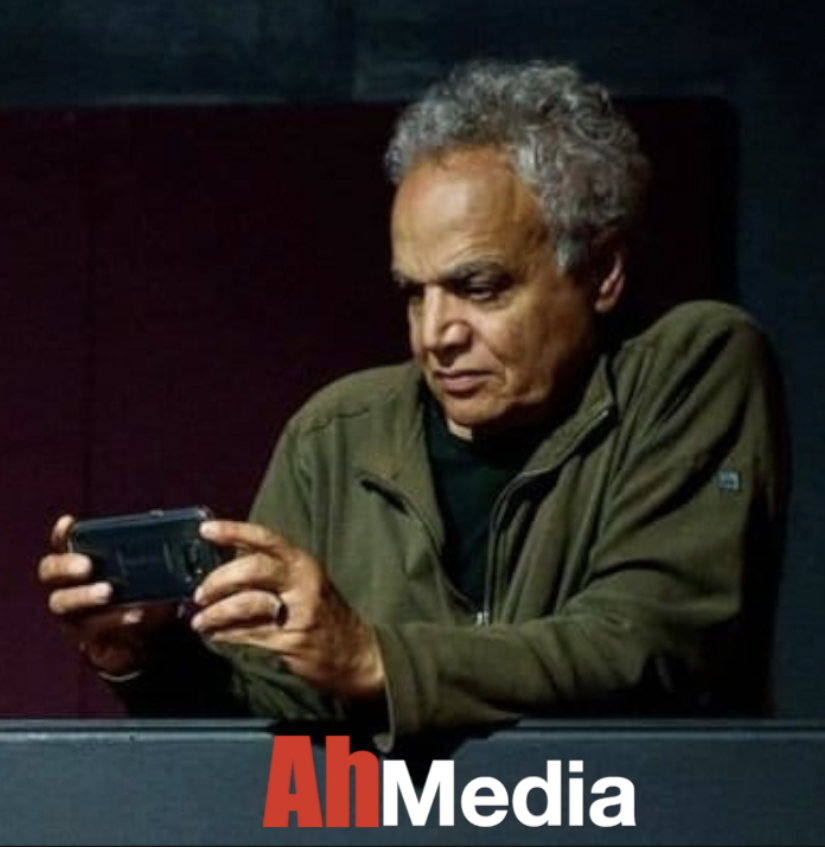Last week, Prince Harry and his wife Meghan Markle, the runaway royals sat on Oprah Winfrey’s couch to spill the beans, their fairytale story when Harry met Meghan captured the imagination of millions of people worldwide. CBS aired it in America on Sunday, and the next day, aired in the United Kingdom. The royal couple’s long-waited two-hour interview is a story of runaway, escaping racism inside the monarchy family. Karl Marx once said, “History repeats itself first as a tragedy, second as a farce.” The history of run-away slaves is complex, deep, and troubling. They reported that over 100,000 slaves escaped the harsh racism in America. They risked their lives avoiding armed racist militia, and hostile terrains and communities; they walked, ran, hid for months and years, swam, crossed rivers and lakes, and even some even mailed themselves to safety. They disguised, they plotted, they lied, they faked reinvented themselves to freedom. They left their families, children, and loved ones behind, not sure if they would ever see them again. Meghan and Prince Harry the runaway couple didn’t have to go to that great length to escape to their freedom from the racism in Buckingham Palace and the racist kingdom. Their escape didn’t end up as tragically as the Prince’s mother another royal runaway.
Tag: Royal
BelAhdan with Arab Film Festival … “In Search of Oil & Sand ” Film
About the Film
About the Filmmakers
Wael Omar : Wael’s fascination with cameras started at a young age having been born to a painter and a photo-hobbyist who himself had produced two films in a brief and whirlwind career.
Many visits to Kodak later, he was determined to make a career out of being behind a camera in one capacity or another. In 2005, after earning his MA in Film Arts and having spent several years as an apprentice, Wael shot State of Emergency as part of the Democracy 76 Project -series of short documentaries that logged the peak of Mubarak’s brutal policed state and the beginnings of the social and political undercurrents that would sweep the country into revolution six years later.
Wael’s work has previously aired on BBC Storyville, AlArabiya, France 3, and ITVS as well as being featured in various international film festivals and expert panels on digital activism.
With an eye to strengthen and expand the documentary movement in the region, in 2008, he co-founded Middle West Films, an incubator and co-production house for feature projects. He currently resides in Cairo.
Philippe L. Dib : Philippe L. Dib is an independent filmmaker of Franco-Lebanese origin currently residing in Cairo. With a background in film production from UCLA Extension’s Film Department, he has explored various avenues of cinema such as a scriptwriter and actor in short films in London, L.A.
and Cairo. He has also conducted underwater cinematography in Sharm El-Shiekh for promotional purposes (1994-5). In 1996 he co-wrote and directed his first feature film, Welcome Says The Angel, filmed during the outbreak of violence following the case of Rodney King’s in L.A., starring Ayesha Hauer (daughter of Rutger Hauer).
In 2006 he wrote and directed El Tanbura that got him the Golden Turon in the Etnofilm Festival in Cadca(2008) and the Jury’s prize award in the Sawi documentary film festival in Cairo (2006). In addition to his film career, he has also participated in numerous projects of the world music circuit.
These include forming Zuweira in 1999, a Cairo-based multi-ethnic band with the accompaniment of Moudou of Senegal, and Karima Nayt of Algeria. Participation in the music score of Omar Shargawi’s Ma’ salama ya Jamil (winner of the Rotterdam festival) and Buddha Bar XI by Ravin as well as other countless music and film projects.

